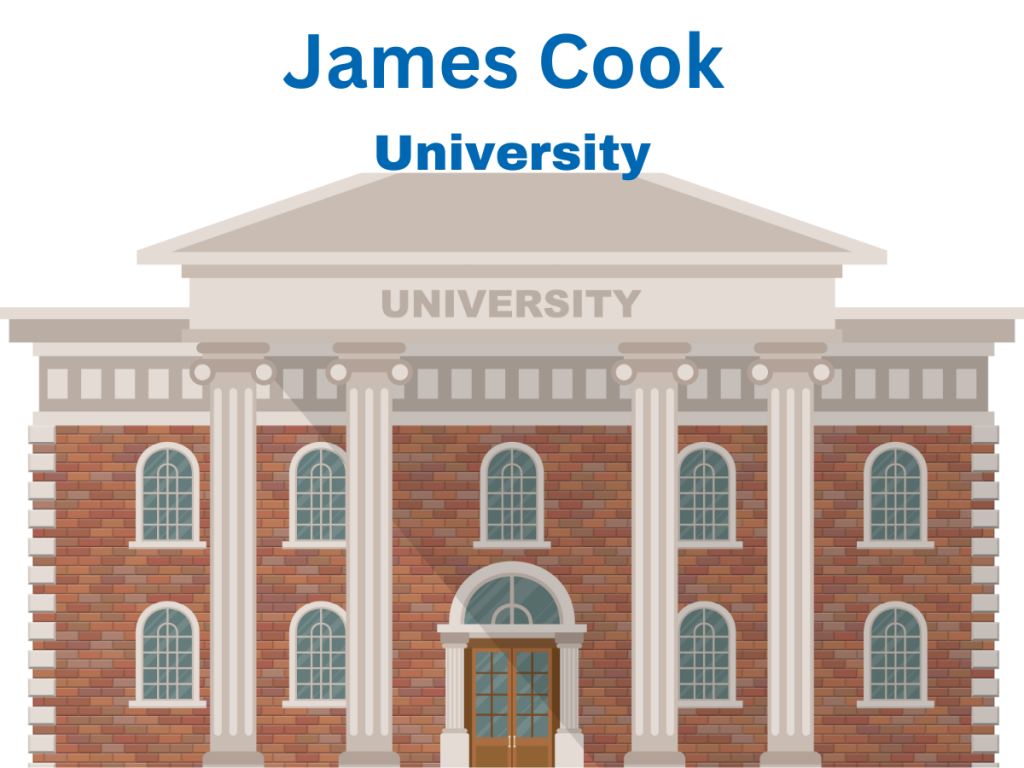Understanding the Challenge
Facing an assignment with a tight deadline can be daunting, but it’s not an impossible feat. In today’s fast-paced world, being able to deliver quality work within a short timeframe is a valuable skill. Whether you’re a student or a professional, knowing how to manage your time effectively and stay focused is key to meeting tight deadlines.
Planning and Organization
Setting Clear Goals
Before diving into your assignment, take a moment to clearly define what needs to be accomplished. Break down the task into smaller, manageable goals that you can work towards.
Breaking Down Tasks
Divide your assignment into smaller tasks or sections. This makes it easier to tackle each part individually and prevents feeling overwhelmed by the workload.
Creating a Timeline
Set deadlines for each task based on the overall deadline for the assignment. Having a timeline helps you stay on track and ensures you’re making progress towards completion.
Prioritizing Tasks
Importance vs. Urgency
Not all tasks are created equal. Identify the most critical components of your assignment and prioritize them based on their importance and urgency.
Identifying Critical Components
Focus your efforts on the parts of the assignment that will have the biggest impact on the overall outcome. Allocate more time and resources to these areas.
Efficient Research Techniques
Utilizing Reliable Sources
When conducting research, focus on reputable sources that provide accurate and relevant information. This saves time and ensures the credibility of your work.
Narrowing Down Key Points
Avoid getting lost in a sea of information by honing in on the key points relevant to your assignment. Filter out unnecessary details to streamline your research process.
Effective Time Management
Eliminating Distractions
Create a conducive work environment by minimizing distractions such as social media, notifications, or background noise. This allows you to concentrate fully on your assignment.
Using Time Blocks
Divide your workday into blocks of time dedicated to specific tasks. This technique helps you stay focused and productive by allocating time effectively.
Utilizing Tools and Resources
Digital Tools for Efficiency
Take advantage of productivity tools and software that can streamline your workflow. From task management apps to citation generators, these tools can save you valuable time.
Seeking Help from Peers or Professionals
Don’t hesitate to reach out for assistance if you’re struggling with certain aspects of your assignment. Whether it’s asking a classmate for clarification or hiring a professional editor, seeking help can provide valuable support.
Maintaining Focus and Motivation
Setting Rewards and Milestones
Break up your assignment into smaller milestones and reward yourself for achieving each one. This incentivizes progress and keeps you motivated throughout the process.
Positive Self-Talk and Mindfulness Techniques
Cultivate a positive mindset by practicing self-affirmation and mindfulness. Banish negative thoughts and doubts, and instead, focus on your capabilities and strengths.
Handling Stress and Pressure
Stress Management Strategies
Implement stress-relief techniques such as deep breathing, exercise, or meditation to keep stress levels in check. Managing stress is crucial for maintaining productivity and mental well-being.
Avoiding Burnout
Know your limits and don’t push yourself too hard. Take breaks when needed, and prioritize self-care to prevent burnout, which can derail your progress.
Quality Check and Revision
Proofreading and Editing
Allocate time for thorough proofreading and editing of your assignment. Check for grammatical errors, clarity, and coherence to ensure your work meets the required standards.
Seeking Feedback
Gather feedback from peers, instructors, or colleagues to gain valuable insights and improve the quality of your assignment. Constructive criticism can help you refine your work further.
Conclusion: Successfully Meeting Deadlines
Meeting a short deadline requires careful planning, effective time management, and unwavering determination. By following these tips and tricks, you can tackle any assignment with confidence and deliver high-quality work within the stipulated timeframe.
FAQs
1. How do I stay motivated when working on a tight deadline?
Maintaining motivation can be challenging, but setting small goals, rewarding yourself, and staying positive can help keep you on track.
2. What should I do if I’m feeling overwhelmed by my assignment?
Break down your assignment into smaller tasks, prioritize them, and tackle one thing at a time. Don’t hesitate to seek help if needed.
3. Is it okay to ask for an extension on my assignment if I’m struggling to meet the deadline?
It’s always best to communicate with your instructor or supervisor if you’re having difficulty meeting a deadline. They may be willing to grant an extension if valid reasons are provided.
4. How can I improve my time management skills?
Practice setting goals, creating schedules, and using time management techniques such as the Pomodoro Technique or time blocking to improve your efficiency.
5. What should I do if I encounter writer’s block while working on my assignment?
Take a short break, engage in a different activity to refresh your mind, or try brainstorming ideas with a friend or colleague. Sometimes, stepping away from your work momentarily can help overcome writer’s block.







